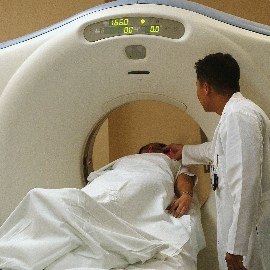Medical Scans Can’t Always Predict Brain Injury Ramifications
Posted in Medical Malpractice,Our Blog on September 4, 2016

When you suffer a brain injury, the doctors may give you an MRI and/or a CT scan. These scans can prove helpful in showing the extent of the injury and the exact area of the brain that has been hurt.
This may be useful in predicting what impairments you could have or what the ramifications will be. However, experts warn that some of these skills are controlled by more than one area in the brain. These could include memory, information processing skills, language skills, and more.
These experts say that this makes it impossible for a doctor to know exactly what ramifications you’ll face just by looking at the scans alone. Don’t expect doctors to tell you exactly what challenges you’ll face and to be right 100 percent of the time.
It’s also important to note that healing can take different amounts of time for different people, which means giving you an assessment is difficult. At one time, doctors felt that the cutoff for cognitive progress was two years, for instance. People could make progress for that long, but then doctors assumed they’d hit a plateau. New research has suggested that this is false and that people can improve for their entire lives if they keep working at it.
As you can see, due to the way that brain injuries are complex and different for everyone, the end result is hard to predict. What’s important to remember is that rehabilitation and medical care could be needed for life. As such, you may want to know what options you have to get compensation from a person or entity responsible for your injury to cover these potentially high costs.